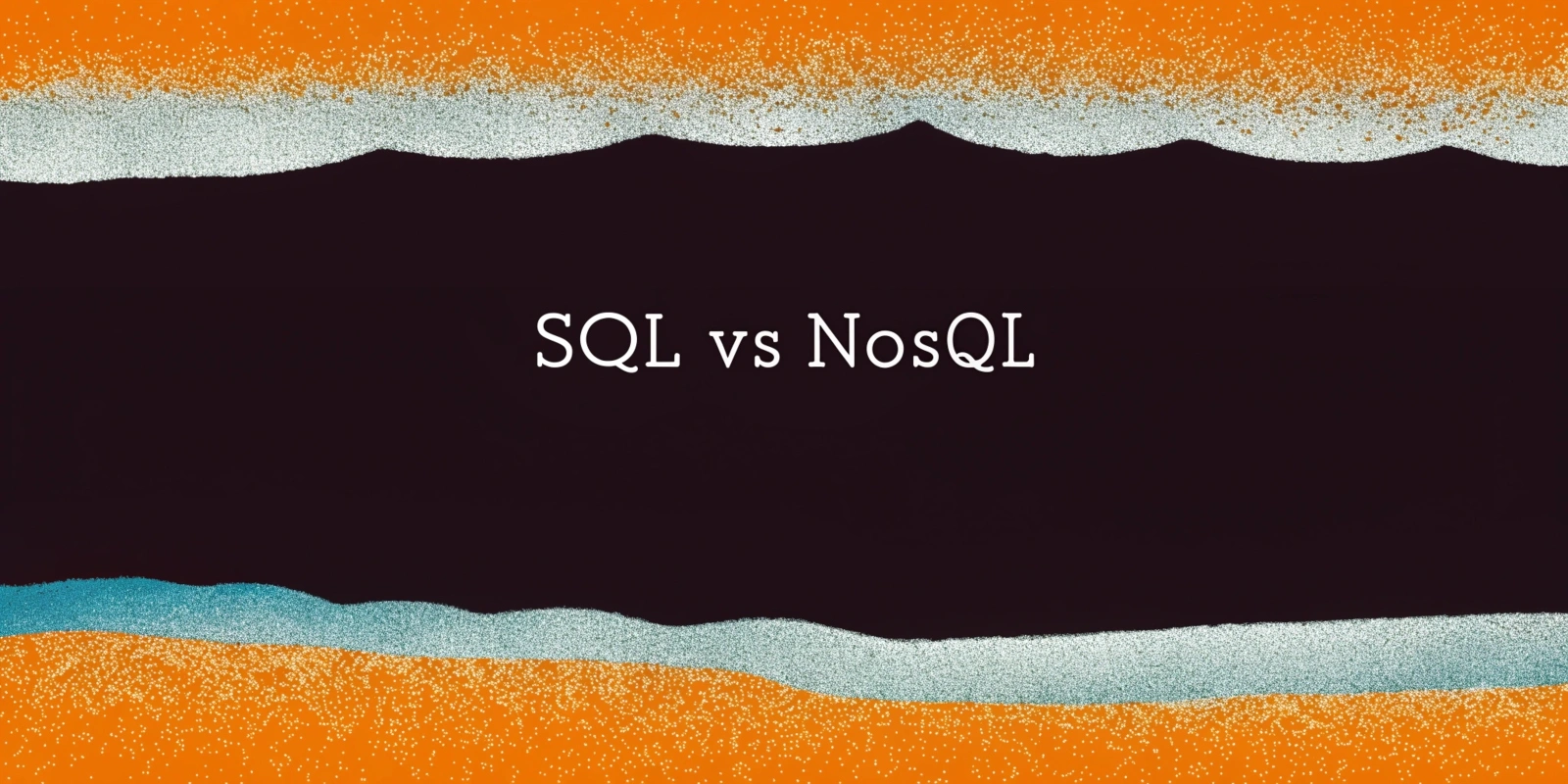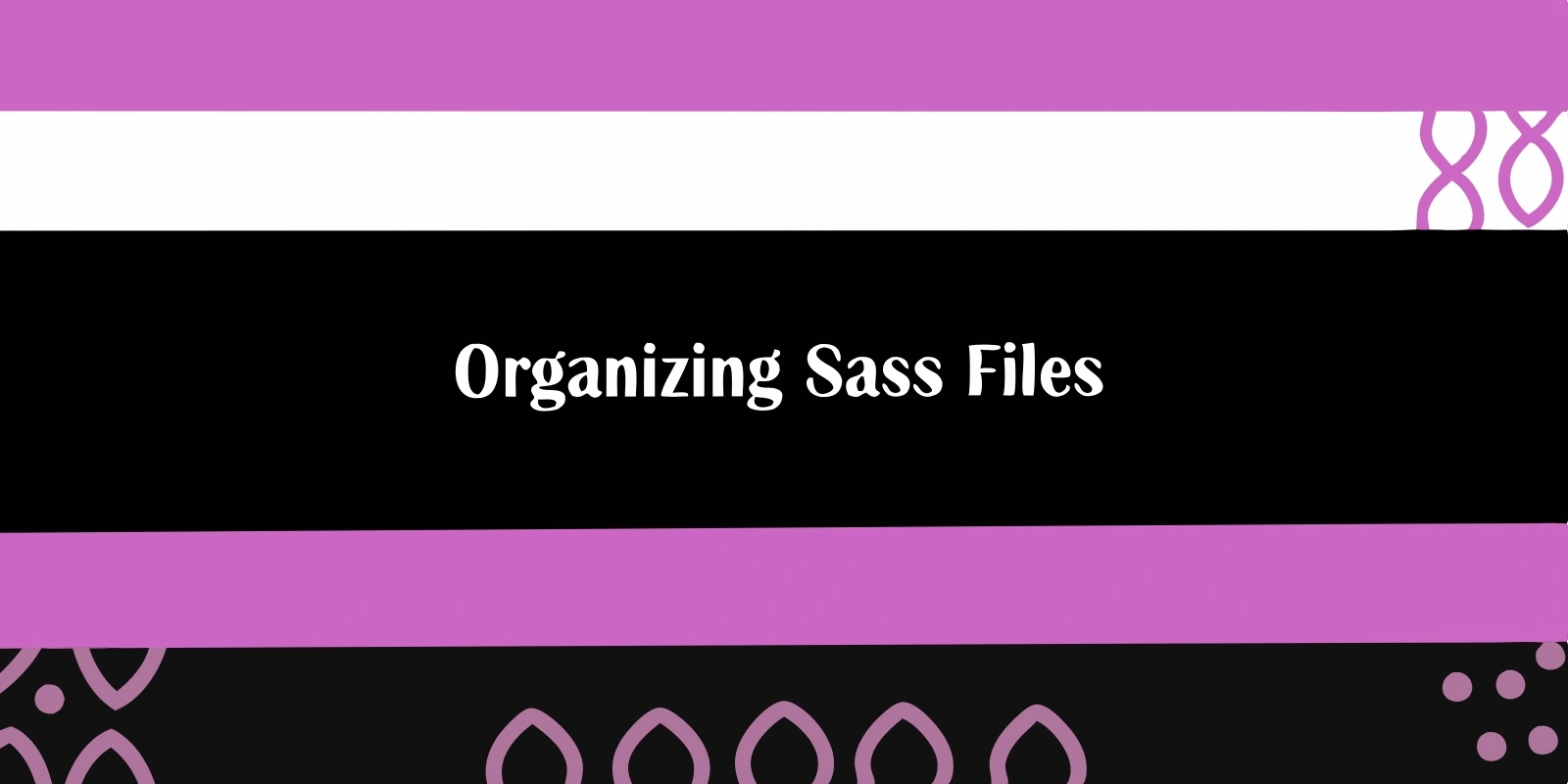Introduction
Choosing the right database is crucial for the success of any application. Two primary types of databases dominate the field: SQL (Structured Query Language) and NoSQL (Not Only SQL). Each has its own strengths and use cases, making it essential to understand their differences before deciding.
In this blog, we’ll delve into the distinctions between SQL and NoSQL, their advantages, and how to decide which is right for your project.
What Is SQL?
SQL databases are relational databases that use structured schemas to organize data. Tables are used to define relationships, and SQL language is employed to query and manipulate data.
Key Features:
- Structured Schema: Predefined tables and relationships.
- ACID Compliance: Ensures data consistency and reliability.
- Relational Queries: Supports JOIN operations to relate data across tables.
Example: SQL Query
SELECT users.name, orders.total
FROM users
JOIN orders ON users.id = orders.user_id
WHERE orders.total > 100;
What Is NoSQL?
NoSQL databases are non-relational and designed for flexibility and scalability. Data is stored in various formats like documents, key-value pairs, wide-column stores, or graphs.
Key Features:
- Schema-Less: Data can be stored in any structure.
- Horizontal Scalability: Easily scales across multiple servers.
- Flexible Data Models: Supports diverse formats like JSON or BSON.
Example: NoSQL Query (MongoDB)
db.orders.find({ total: { $gt: 100 } });
Advantages of SQL
- Structured Data: Ideal for applications with clear relationships and structured data.
- Reliability: ACID properties ensure data integrity.
- Mature Ecosystem: Tools, frameworks, and support are widely available.
Advantages of NoSQL
- Flexibility: Adapts to unstructured or semi-structured data.
- Scalability: Built for horizontal scaling.
- Speed: Excels in applications requiring rapid development and data handling.
When to Use SQL
- Applications with Complex Relationships: Like ERP or CRM systems.
- Transactional Systems: Banking or e-commerce platforms.
- Data Consistency Is Crucial: Financial applications requiring accuracy.
When to Use NoSQL
- Big Data Applications: Social media, IoT, or analytics platforms.
- Real-Time Data: Chat applications or real-time tracking systems.
- Rapid Prototyping: Startups or projects requiring flexibility in schema.
SQL vs NoSQL: A Comparison Table
| Feature | SQL | NoSQL |
|---|---|---|
| Data Structure | Fixed schema | Schema-less |
| Scalability | Vertical (add resources to a server) | Horizontal (add more servers) |
| Performance | Consistent with structured queries | Better for large-scale, unstructured data |
| Use Case | Structured, relational data | Flexible, unstructured data |
| Query Language | SQL | Varies (e.g., MongoDB Query) |
Conclusion
The choice between SQL and NoSQL depends on the needs of your project. If your application relies on structured data and consistency, SQL is the way to go. On the other hand, if scalability and flexibility are key, NoSQL might be the better option.
Evaluate your project’s requirements carefully and leverage the strengths of each database type to ensure optimal performance and scalability.



